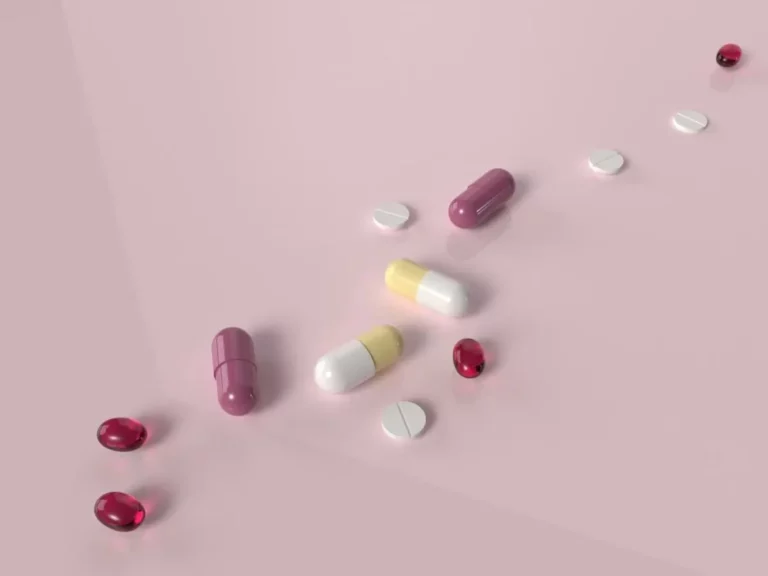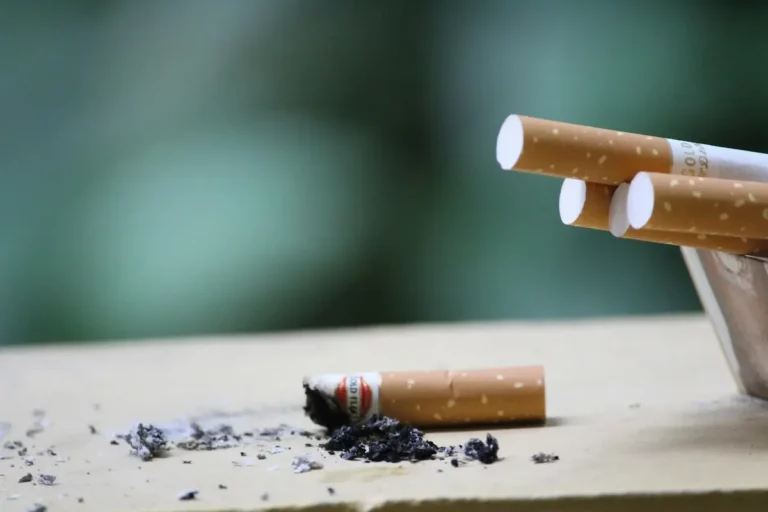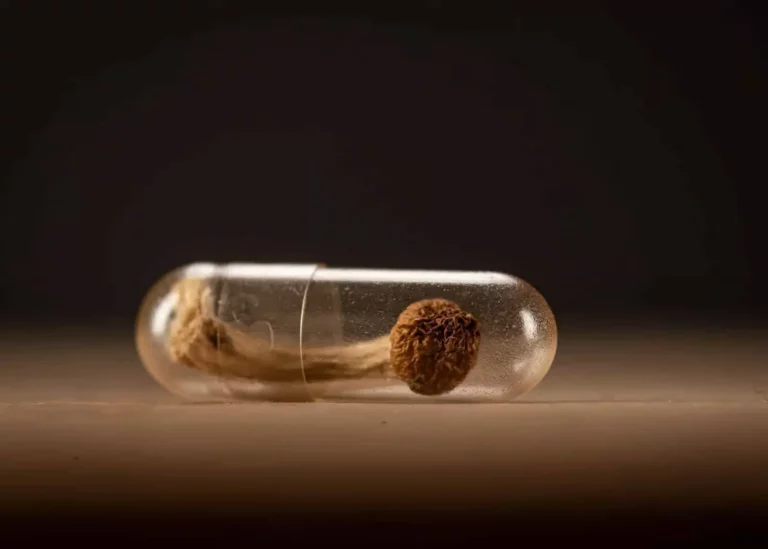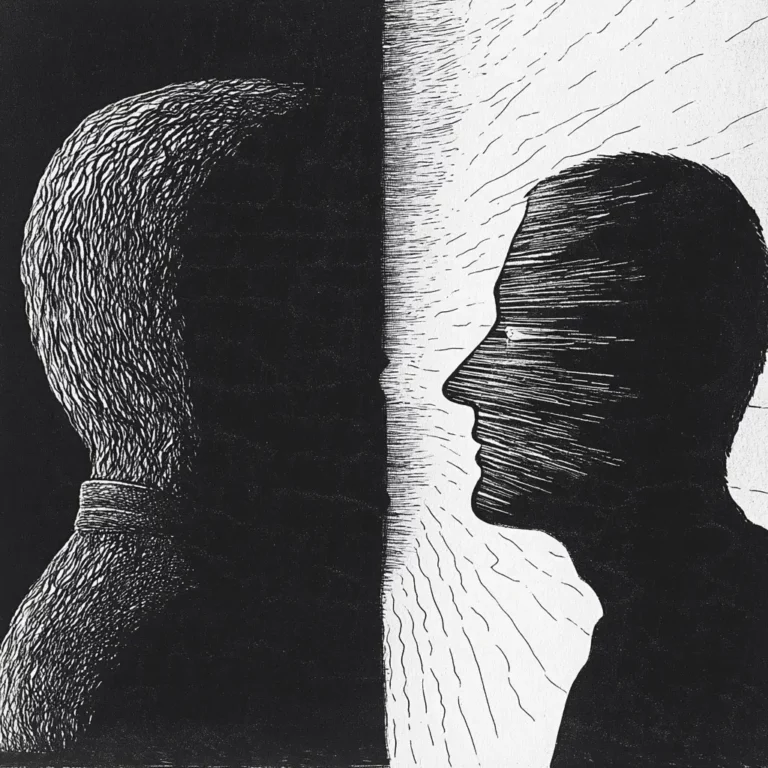How Long to Rewire Brain from Addiction
Addiction is probably one of the most powerful forces in life. Addiction to drugs, alcohol, or compulsive behaviors (gambling and overeating) can affect your brain in detrimental ways. The good news is that the brain can recover. Over time, with support and the appropriate strategies in place, it IS possible to “rewire” your brain around addiction. So, how long does it take?
There is no easy answer to that, as each journey is unique. But we can examine the processes at work in the addicted brain, systems that are able to heal, and what science tells us about post-acute recovery.

What Happens to Your Brain During Addiction?
To understand how long it takes to rewire the brain, it helps to know what’s happening to the brain when addiction occurs. Addiction changes the brain’s structure and function, mainly in areas that control reward, motivation, and memory.
Here are the key areas affected: The reward system (dopamine): Dopamine is a brain chemical that makes you feel good. It’s released when you do something enjoyable, like eating or exercising. In addition, the brain releases large amounts of dopamine in response to the addictive substance or behavior, causing intense pleasure. Over time, the brain becomes less responsive to normal dopamine levels, which means you need more of the substance to feel good.
Prefrontal cortex (decision-making): This part of the brain helps with decision-making, self-control, and judgment. Addiction weakens the prefrontal cortex, making it harder to resist cravings or make rational decisions. The hippocampus and amygdala (memory and emotion): These areas store memories and emotional responses, which can trigger cravings when you encounter certain environments or emotions linked to the addiction. Once addiction changes the brain, breaking free requires more than willpower alone. You need time and resources to rewire those altered pathways.

Is There Hope for the Addicted Brain?
Yes, there is. The brain itself has great power to adapt, and change by a concept known as neuroplasticity. This means that even after being altered by addiction, the brain can form new connections, strengthen healthy circuits, and recover functions that have been altered. But, like any healing process, it takes time and effort. Recovery from addiction isn’t just about quitting the substance or behavior. It’s also about retraining the brain to respond differently to stress, cravings, and the environment. This is why therapy, healthy habits, and support are essential parts of recovery.
How Long Does It Really Take?
Now the principal question: how long does it take to rewire your brain from addiction? The time frame may depend on different factors.
- The substance or behavior:
Certain substances, such as opioids or methamphetamine, are much harder on the brain and may require more time to heal. Recovery times can be shorter with behavioral addictions like gambling or internet addiction. - How long you have been addicted:
The longer your brain has had time to develop new neural pathways (addiction), the stronger those are! Therefore, an addiction of that duration may need a longer period to recover. - Personal factors:
Your genetics, general health, mental well-being, and whether you have any support systems in place will all affect how fast your brain can recover.
Here are several of the most common timeframes broken down:
Day 1 to the First Month: Detoxing and Beginning Recovery
In the first weeks of recovery, detoxification by your body and brain from an addictive substance occurs. This stage is commonly known as acute withdrawal. Though common, cravings, anxiety, or mood swings can also be considered withdrawal symptoms, as the brain is getting used to life without that substance.
In this stage, your brain is starting to recover but is still susceptible. This can lead to very powerful cravings, as you have not yet rewired your brain with new, positive reward routes. The prefrontal cortex of the brain is still underdeveloped, which may contribute to difficulty in resisting temptation. Yet, this is also the time when your brain relearns some of its most basic functions — such as how to sleep and eat, or feeling emotions normally. 30 days is often seen as a huge turning point, but the brain definitely has not fully rewired at this stage.

Day 60–90: Establishing Pathways
After 60–90 days, a considerable chunk towards recovery has been covered. Neural pathways are beginning to form, and your prefrontal cortex is recovering some of its impulse control. People often say they feel more alert, in control, and less overtaken by cravings.
But the era remains a difficult one. Those old addictive neural pathways are still there and can get triggered by stress, social situations, or emotional pain. That is why support, be it in therapy or peer-care settings such as community support groups, and through habits that cultivate wellness, are crucial during this period. Your brain is rewiring, but it won’t be an instant resolution.
Six Months to a Year: Recovery Over the Long Term
There are large changes in the structure and function of the brain by this six-month point. The brain’s reward system is more equilibrated, and the prefrontal cortex functions better in controlling decision-making and cravings. Most people in recovery at this point experience improved emotional regulation and enhanced self-efficacy to cope with stress and temptation.
However, this does not signify that the brain has fully recovered. Relapse still remains a possibility, since old addictive brain pathways do not completely disappear — they merely grow weaker with time. It is why addiction is so often referred to as a chronic condition — even after years of sobriety, people still have cravings and can lapse into addictive behaviors.
1 Year and Beyond: Total Brain Remodeling
Even after completing treatment, the brain may take a year or more to fully rewire itself and be clear of addiction. At this point, the brain has now programmed new and healthy roads to switch out with all those old pathways of addiction. The prefrontal cortex is functioning more normally, leading to better decision-making and impulse control.
That said, the timeline isn’t limited to 1 year. Recovery is a lifelong journey. Despite all of the amazing things our brains have accomplished, remaining clean and sane is a daily effort. Any new challenges, stress, or life changes can still fire up those old pathways again, so we should keep using the best coping strategies and reach out for support when required.

What If You Want to Speed Up the Process?
Although time is an important element of brain rewiring, there are a few things you can do to help and hasten this process:
- Therapy:
Using therapy (CBT is the gold-standard, but there are other approaches) to help retrain your brain and better methods of coping. - Physical activity:
Working out regularly helps keep blood flowing to your brain and increases the production of BDNF, a protein essential for brain restoration. - Eat well:
Nutrition is important, so follow a balanced diet with plenty of omega-3 fats and antioxidants (for example, vitamins A & C) that the brain requires to repair itself. - Mindfulness and meditation:
Mindful practices have been linked to increased prefrontal strength, leading to better regulation of emotions. - Support:
Whether from friends, family members, or organizations that support recovery, being together with others helps the brain to heal.

someone getting support from a friend
The Power of Patience
Dealing with an addicted brain is an ongoing journey, and like any journey, it takes time. You just have to remind yourself that it is a process, and no one achieves recovery overnight. It is a slow process, but every step in the right direction helps with healing.
Recovery is more than just escape; it means breathing life back into your brain so that you can live a fulfilling life. When you receive this care and commit to building a healthier life for yourself, you can change the wiring of your brain and lead an addiction-free lifestyle.
Conclusion
In conclusion, there is no straight forward answer to the question of how long it would take to rewire the brain from addiction. We all have a different healing and rewiring process and path. It does help to understand what is occuring in the brain when addiction occurs as it can be a way of intervening. Though the process of rewiring new behviors will take a different amount of time for each person it will depend on the substance, the behaviors, how long an individual has been addicted, as well as personal factors. However with a few lifestyle changes, distractions, and support whether that is from friends and family or from a therapist, these things can all influence the speed of ones recovery.
If you are interested in the rewiring process of anxiety click here.







